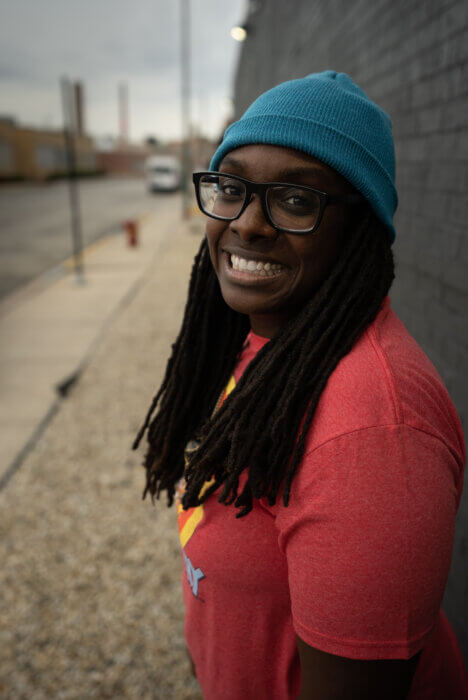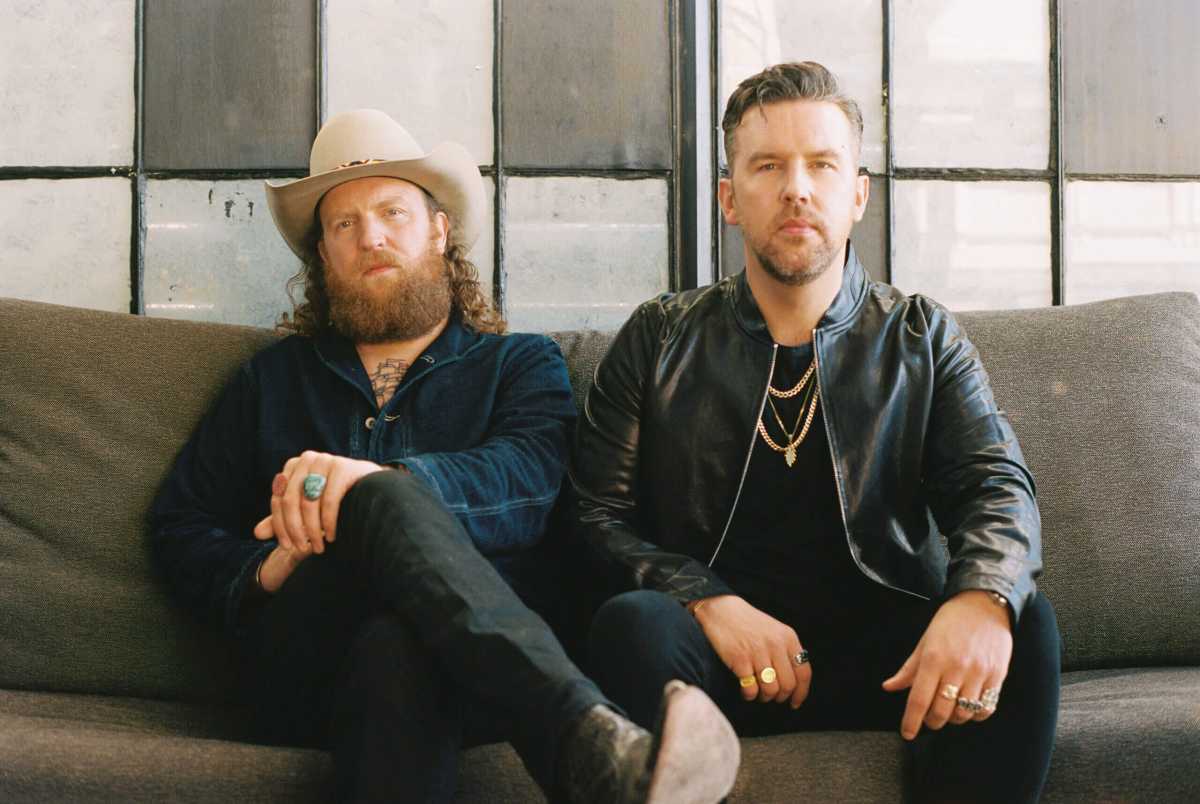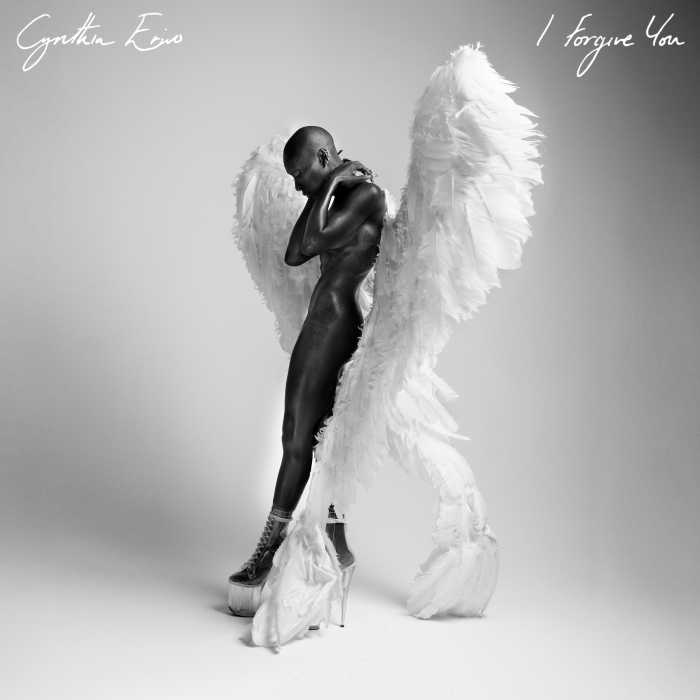This month, Gay City News turns to new albums by the country duo the Brothers Osborne, whose singer is gay, and lesbian electronic music producer Jlin.
Brothers Osborne | s/t | EMI Nashville
The Brothers Osborne’s take on country music keeps one foot in rock and another in pop. Their ballad “Rollercoaster (Forever and a Day)” resembles Elton John with a twang. Sometimes, their range of influences threatens to become contradictory. John Osborne’s guitar solos, which are incorporated into most of their songs, are steeped in ‘70s Southern rock and outlaw county, yet the band are also fond of electronic production. Bluesy touches jostle against drum machines. “Ain’t Nobody Got Time For That” flirts with disco. Yet they retain a degree of subtlety even as their songs aim for instant accessibility. It takes a few listens to realize just how carefully written they are, with brief passages setting up tension alleviated by the arrival of the chorus.
When TJ Osborne came out in 2021, he instantly became the most famous openly gay male singer in country music. The band quickly released a single, “Younger Me,” which alluded obliquely to his regrets about years spent in the closet. The video, in which same gender-couples were filmed on the steps of the Tennessee state house, was more pointed. Their new album avoids making big statements about the position Osborne now finds himself in, as country music has hit one of its highest peaks of popularity this year while right-wing voices have risen to its fore. Four country songs hit #1 in a row in August, but two were MAGA-adjacent: Jason Aldean’s “Try That In A Small Town” and Oliver Anthony’s “Rich Men North of Richmond.”
The Brothers Osborne’s new album is relaxed, upbeat party music, coming slightly too late to soundtrack BBQs.
“Sun Ain’t Even Gone Down Yet” sums it up: “the day’s about as good as the day could get, and the sun ain’t even gone down yet.” It doesn’t risk saying anything potentially controversial, while the objects of TJ’s love songs remain “you.” At worst, their lyrics are vague enough to sound evasive. “It takes all kinds of kinds to make this world go ‘round,” from “Nobody’s Nobody,” is so positive it becomes banal. Yet lyrics which remain open to several interpretations take on a new resonance following TJ’s decision to come out. “Love You Too” is a kiss-off to his enemies, “don’t let that swinging door hit you…I ain’t got time to mind what the haters do/hate on me, love you too.” While he leaves the cause of their hatred oblique, savvy listeners can fill it in. On “Might As Well Be Me,” he celebrates his honesty. One can hear him negotiating how to address his sexuality without potentially alienating the band’s audience. It’s a very pleasant album that takes few chances, musically or lyrically.
Jlin | “Perspective” | Planet Mu | September 29th

How can you build music almost entirely out of percussion and retain enough variety to hold the listener’s interest? Jlin’s body of work offers numerous solutions to that question. As varied as the songs on her new ep “Perspective” are, they draw on similar textures: bells and vibraphones, grainy kick drums and crash cymbals. This ep consists of songs originally composed for the Third Coast Percussion ensemble, although it contains Jlin’s versions.
Jlin has gone from working in a steel mill in Gary, Indiana to composing ballet scores. She’s come far, but her roots in Chicago footwork — a harsh, polyrhythmic genre combining elements of drum’n’bass, house music and hip-hop — and ‘90s IDM are still discernible. By this point, her music evokes traditions from all over the world, especially the tuned percussion of Indonesian gamelan music. She’s bridged the worlds of classical composition and club music: She created music for Third Coast Percussion using samples, which the group then interpreted for live performance using 25 different instruments.
As a producer, Jlin dwells in the uncanny valley, even when working with acoustic percussion. Her compositions on “Perspective” allow a greater dose of tunefulness than she’s previously embraced. (Even her quieter music tended to be more atmospheric.) Without sacrificing any sophistication, the melodies of “Duality” and “Fourth Perspective” are earworms. The swirling music box of “Duality” closes out the ep on a gentle note, like a holiday performance of children’s song.
At the other extreme, “Obscure” is ferocious, with a constant, droning bassline. “Derivative” chops up and reassembles samples into a simulation of a flock of buzzing insects. (Without any electronics, Third Coast Percussion’s version is almost unrecognizable.) When she uses such sounds, their impact as rhythm takes precedence. “Perspective” is evenly split between more aggressive songs and a tone of innocent, but not naïve, optimism.



































